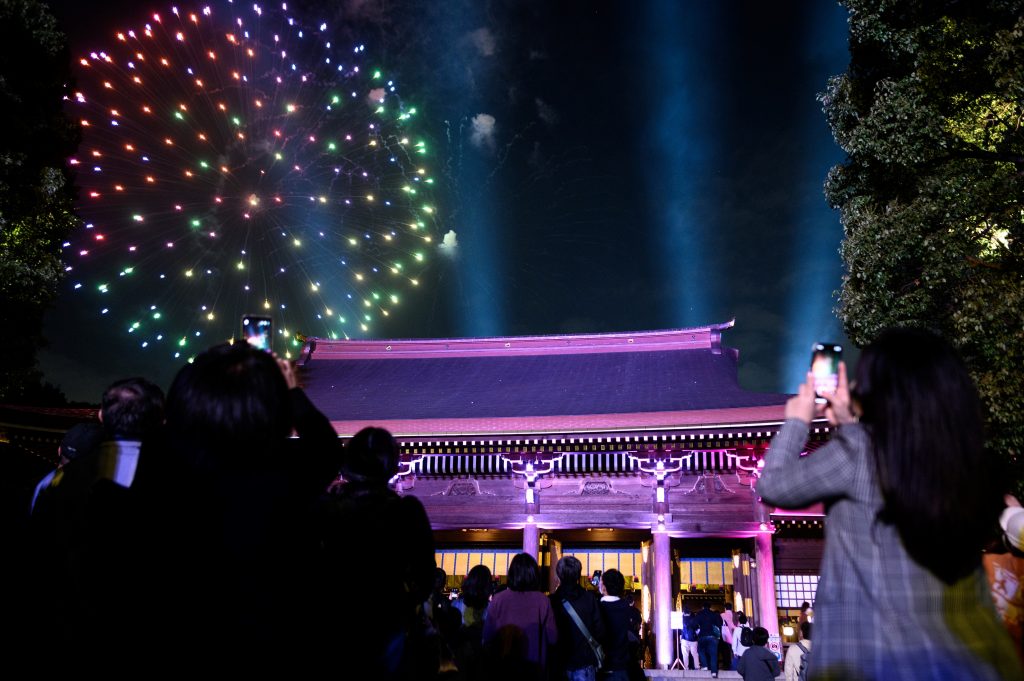
- ARAB NEWS
- 26 Apr 2024

TOKYO: A major Tokyo shrine said Monday it would close its doors on New Year’s Eve for the first time in decades, as religious sites in Japan adapt year-end events amid record virus infections.
Temple and shrine visits are an integral part of New Year’s celebrations in Japan — the country’s most important holiday — with flashy fireworks and rowdy parties less common.
Some sites stay open all night to allow worshippers to ring in the New Year at midnight.
Millions of people across the country flood to the sites in the first three days of January to seek blessings for the year ahead — approximately 3.1 million visited Tokyo’s Meiji Shrine between last New Year’s Eve and January 3 alone.
But this year the shrine, among the most significant Shinto sanctuaries in Japan, will close its doors over New Year’s for the first time since the end of the Second World War.
“We are trying to avoid creating large crowds. We have been urging the public to delay their New Year visits to the shrine,” a shrine spokeswoman told AFP.
The move comes as Japan battles a third wave of coronavirus infections, with record numbers of new daily cases in recent weeks.
The country’s outbreak remains relatively small compared to parts of Europe or the United States, but medical experts have said hospitals across the nation risk being overwhelmed.
Some religious sites are asking visitors to reserve tickets for New Year’s visits, or make them now, and at others religious leaders will livestream crowd levels to help guide visitors.
The virus has already forced changes at some sites, including Kyoto’s Yasaka Shrine, which earlier this year replaced a rope for bell-ringing with an electronic system that visitors activate by passing their hand over a sensor, producing a recorded bell sound.
But ironically, the shrine is now considering removing the novel system for the New Year season over fears it may attract curious visitors and create crowds.
“Then it would defeat the purpose of having it,” said an official at the shrine, which usually sees about a million visitors during the first three days of January.
“We will be asking people to make their New Year visits very brief,” he told AFP. “We are also asking the public to delay their New Year visits.”
In Tokyo, the governor has asked people to stay home over the holiday, and city railway and subway operators are scrapping the New Year’s Eve all-night service in an effort to limit crowds.
AFP